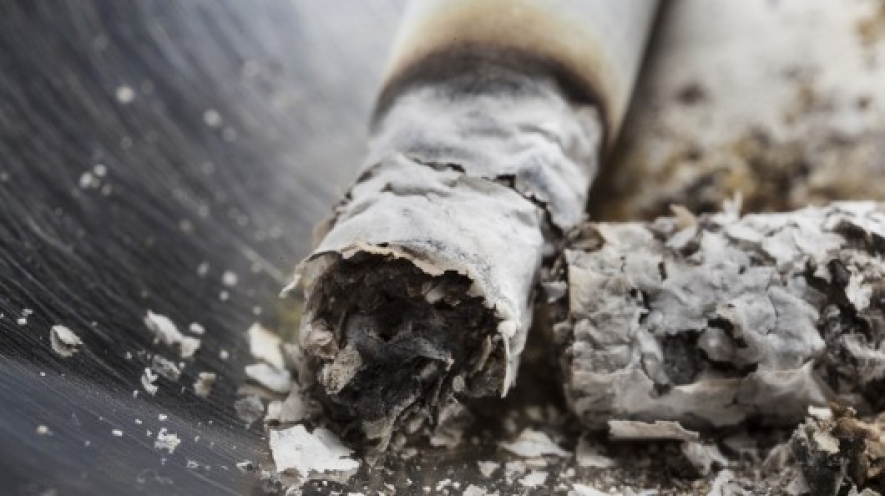Next, they tested the prepared ash on ground water from Inner Mongolia, which was contaminated with naturally-occurring arsenic. The ash removed over 96 percent of the arsenic, which is better than the minimum requirements set by the World Health Organization. What’s more, the filter could be reused up to six times with no decrease in performance. While there are already other types of arsenic filters in common use, the scientists believe that the low cost and easy accessibility of cigarette ash should make their approach particularly well-suited to use in developing nations.
In a perfect world, cigarette waste simply wouldn’t exist. Given that it does, though, scientists have explored a number of methods of repurposing it – these have included using compounds from cigarette butts to store energy, make shipping pallets, and rust-proof steel. Now, researchers have shown that cigarette ash can be used as a low-cost means of filtering arsenic from water supplies. It’s a little ironic, as cigarette smoke actually contains a dangerous amount of arsenic. Led by Jiaxing Li of the Chinese Academy of Sciences, the scientists coated regular cigarette ash with aluminum oxide. Due to the porous consistency of the ash, they suspected that it would make a highly-effective filtration medium – more so than other inexpensive materials that have been tried previously, such as banana peels.



















